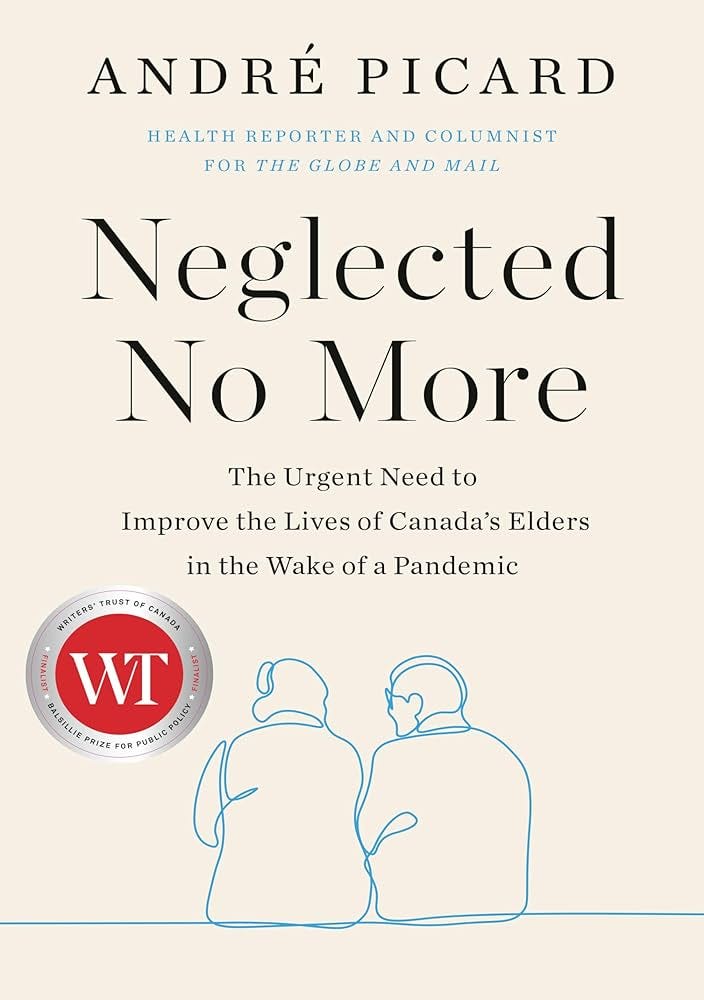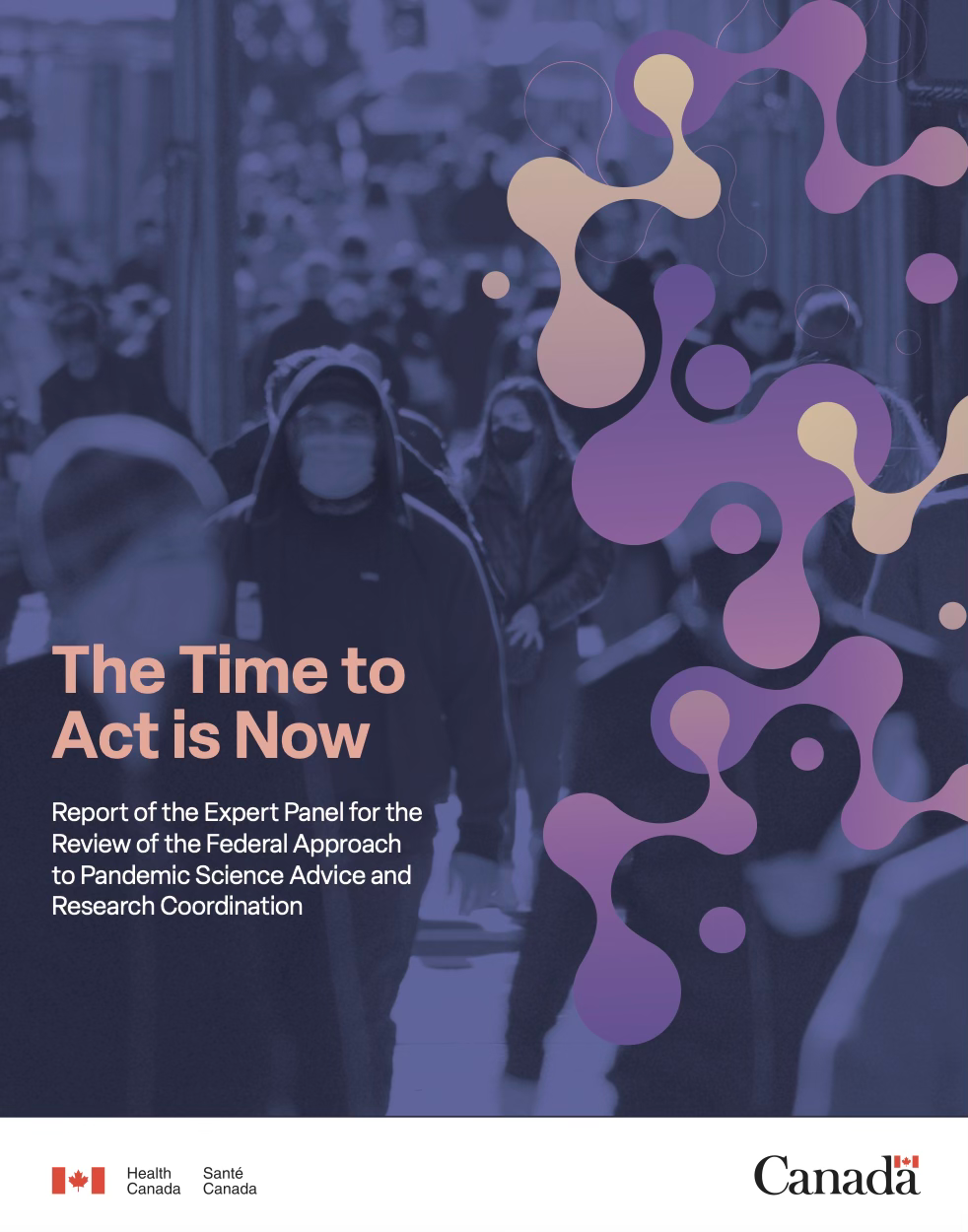The Feds contracted a global expert to fix Canada's emergency response systems...then buried his report
What the hushed "launch" of the Walport report says about Canada's broken system of government accountability and transparency.
We Weren’t Ready
The COVID-19 pandemic utterly devastated Canadian society, infecting more than 4.5 million Canadians, killing 60,871, and pushing our healthcare systems (and providers) to the brink.
University of Toronto Associate Professor Sara Allin and her colleagues at the Dalla Lana School of Public Health produced a scathing review of the federal government’s handling of the pandemic and emergency response systems, highlighting that while the Canadian experience was less severe than others in the Americas (namely the US and Mexico), Canadian fatalities disproportionately impacted vulnerable populations — especially residents of long-term care (LTC) facilities. If you haven’t yet read André Picard’s harrowing book Neglected No More, you definitely should.
After highlighting the laundry list of system failures that doomed Canadian seniors during COVID-19, Picard concludes: “The problem we have in Canada is not an aging society … The problem is that we have done so little to prepare”.
Going back to Allin et al’s research, Canada’s health emergency response systems were found to have significant shortcomings in every category. “The significant regional variation in the pandemic experiences across Canada, along with widespread limitations with all five components of the ‘find, test, trace, isolate and support’ system, point to systemic challenges beyond those inherent to a highly decentralized federation.”
“Learning” From Our Mistakes
In the wake of COVID-19, the federal government has sought (ostensibly) to learn from its mistakes, and focus on how to improve its health emergency response systems. To this end, they wanted to bring in the very best to produce clear, actionable recommendations on how to fix our broken system.
Enter Sir Mark Walport.
For the uninitiated, Sir Mark Walport is one of most prominent, respected, and capable health administers on the planet. Even more than that, his CV reads like a medical student’s fantasy bucket-list:
Physician, clinical scientist, academic leader, health research planner
Chief Executive of UK Research & Innovation
Professor of Medicine and Chair of the Division of Medicine at Imperial College London, specializing in immunology and genetics of rheumatic diseases (former)
Governor and Director of the Wellcome Trust (former)
Foreign Secretary of The Royal Society (former)
UK Chief Scientific Advisor to two Prime Ministers during one of Britain’s most turbulent political periods in the 21st century: Brexit.
Oh, and he was knighted in 2009 for his accomplishments and contributions to the field of medical research.
Walport was given the mandate to “support Canada’s preparedness for future pandemics and other health emergencies”. And Walport delivered.
The The Time to Act Is Now report — also known as the “Walport report” — delivers 12 clear recommendations on how to improve: (1) national health risk governance (2) science advisory mechanisms (3) health research, and (4) health data availability and use.
Walport writes: “The key message of this report is that Canada needs to take further action now if it is to be adequately prepared for future health emergencies.”
It’s thorough, clear, and actionable.
Buried and Forgotten
However, just last week, the Walport report (after rotting in the government policy purgatory for 5 months) was quietly launched with no fanfare at the end of the week, on the cusp of a Thanksgiving long weekend. I can’t even add a hyperlink to a government announcement. There was no press release issued, no announcement made, no news conference held. Nothing at all.
Even the prolific, veteran journalist Paul Wells was stonewalled at every turn, just trying to seek updates on the report’s status. (He has a great article on the story, here).
Anyone in Ottawa knows that a government looking to bury a news announcement will post it late on a Friday. “Friday is where news goes to die”, as one colleague once told me.
The federal government’s decision to effectively bury the Walport report (especially after sitting on the final version for a full 5 months) is telling. Given the current political situation, especially with waves of non-confidence motions rocking the boat, it’s somewhat unsurprising that politics triumphed over good policy.
It’s clear: our health emergency systems can’t withstand another serious pandemic. But without a government willing to act, I’m afraid we’ll trudge on blissfully unaware …until the next pandemic hits us.









